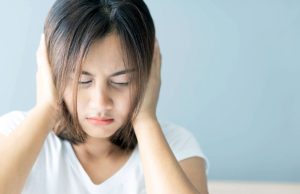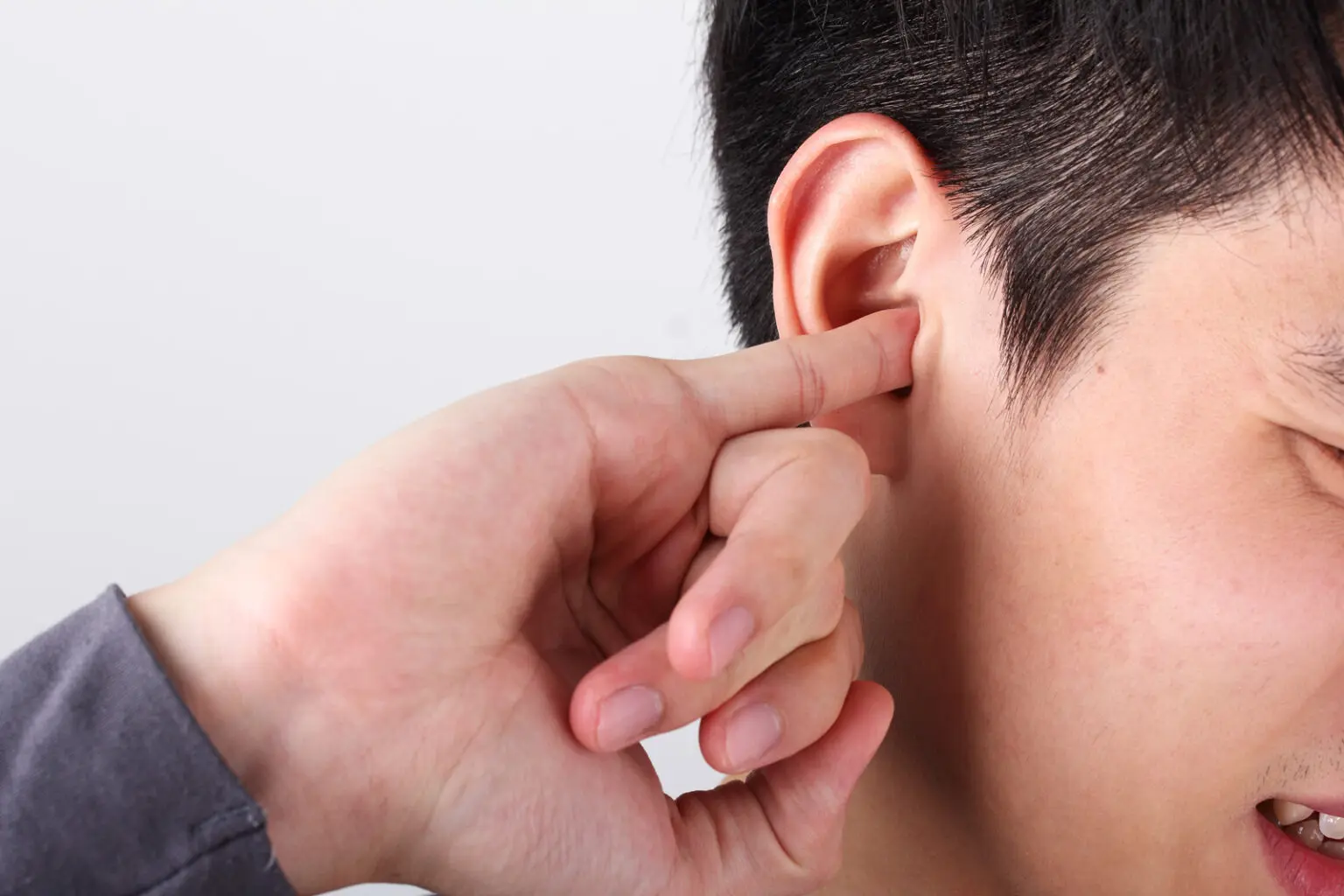Introduction
Ear congestion can be an uncomfortable and sometimes frustrating experience. Whether it’s due to allergies, sinus infections, or other factors, the sensation of fullness or pressure in the ears can impact daily life. Understanding the causes, symptoms, and treatment options for ear congestion is essential for finding relief and improving overall well-being. Explore More About (Teeth And Bones Health)
What Causes Ear Congestion?
Several factors can contribute to ear congestion. Allergies are a common culprit, as the body’s immune response to allergens can cause inflammation in the nasal passages and Eustachian tubes. This inflammation can lead to a buildup of fluid in the ears, resulting in congestion.
Sinus infections are another frequent cause of ear congestion. When the sinuses become inflamed and swollen, they can block the Eustachian tubes, preventing proper drainage and ventilation of the middle ear. This blockage can result in a feeling of fullness or pressure in the ears.
Other potential causes of ear congestion include colds, flu, smoking, environmental irritants, and changes in air pressure. In some cases, structural issues with the Eustachian tubes or middle ear may also contribute to chronic congestion.

Recognizing the Symptoms
Symptoms of ear congestion can vary depending on the underlying cause but often include:
- Feeling of fullness or pressure in the ears
- Muffled hearing
- Ear pain or discomfort
- Tinnitus (ringing in the ears)
- Difficulty equalizing ear pressure
- Dizziness or vertigo
It’s essential to recognize these symptoms and seek prompt medical attention if they persist or worsen. Ignoring ear congestion can lead to complications such as ear infections or hearing loss.
Treatment Options
The treatment for ear congestion depends on the underlying cause. For allergy-related congestion, antihistamines or decongestants may provide relief by reducing inflammation and swelling. Nasal corticosteroid sprays can also help alleviate congestion by reducing inflammation in the nasal passages.
In cases of sinus congestion, nasal irrigation with a saline solution or steam inhalation may help clear the sinuses and relieve pressure in the ears. Over-the-counter pain relievers such as ibuprofen or acetaminophen can help alleviate discomfort associated with ear congestion.
For persistent or severe cases of ear congestion, medical intervention may be necessary. This may include prescription medications, such as oral steroids or antibiotics, to reduce inflammation or treat underlying infections. In some cases, surgical procedures may be recommended to correct structural issues with the Eustachian tubes or middle ear.

Preventative Measures
While ear congestion can be challenging to prevent entirely, several preventative measures may help reduce the risk:
- Avoid exposure to known allergens
- Practice good hand hygiene to prevent the spread of germs
- Quit smoking
- Use a humidifier to maintain optimal humidity levels in the home
- Stay hydrated
- Practice proper ear hygiene, avoiding the use of cotton swabs or other objects to clean the ears
By incorporating these strategies into your daily routine, you can help minimize the likelihood of developing ear congestion.
Treatment Options for Ear Congestion
| Treatment | Description | Pros | Cons |
|---|---|---|---|
| Antihistamines | Medications that block the action of histamine, reducing inflammation and allergic symptoms | – Effective for allergy-related congestion | – May cause drowsiness |
| Decongestants | Medications that shrink swollen nasal passages, improving airflow and relieving congestion | – Provides quick relief | – Can cause rebound congestion |
| Nasal Corticosteroid Sprays | Anti-inflammatory medications that reduce swelling in the nasal passages | – Effective for chronic congestion | – Potential for nasal irritation |
| Nasal Irrigation | Flushing the nasal passages with a saline solution to clear mucus and debris | – Safe and easy to use | – May be uncomfortable for some individuals |
| Steam Inhalation | Inhaling steam to moisturize and clear the nasal passages | – Provides immediate relief | – Temporary relief |
Conclusion
Ear congestion can be a bothersome symptom with various underlying causes. By understanding the causes, symptoms, and treatment options for ear congestion, individuals can take proactive steps to find relief and improve their quality of life. Whether through medications, home remedies, or medical intervention, there are many avenues to explore in managing ear congestion effectively.
Remember, consulting with a healthcare professional is essential for accurate diagnosis and personalized treatment recommendations. By working together, you can develop a comprehensive plan to address ear congestion and promote ear health and wellness.




